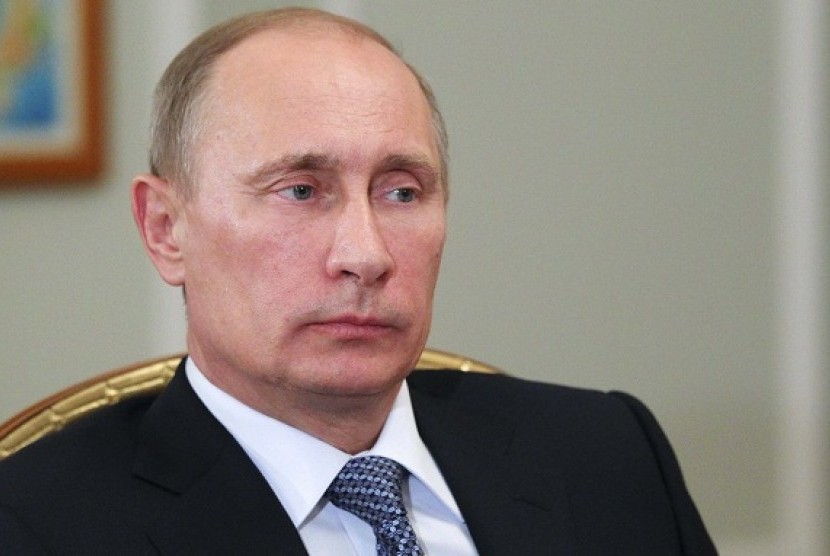REPUBLIKA.CO.ID, JAKARTA- Russia, as a new member of East Asia Summit (EAS), considers that EAS is the basic platform for strategic leaders' dialogue on key aspects of security and cooperation in the region. Russian activities in EAS are supported by its work in other formats, such as Asia-Pacific Economic Cooperation (APEC), Dialogue Partnership with ASEAN, ASEAN Regional Forum and Asia and Europe Meeting (ASEM).
Apart from its role in ASEAN, Russia prioritizes to develop friendly relations with China and India within Russia-India-China format. "Russia also deeply concern on Korean Peninsula," The Ambassador of the Russian Federation to Indonesia, Mikhail Galuzin said.
He explained that Russia was aimed to maintain mutual cooperation with all countries, including South Korea and North Korea. Russia consecutively advocates the denuclearization of the Korean Peninsula and promoting this process on the basis of relevant UN Security Council resolutions and in the framework of the six-party negotiating format.
"The only possible way to settle nuclear problem is through political dialogue with UN and six-party negotiating format. It should be used effectively," he added.
Russia also sees that relations with Indonesia is important. "Indonesia is a major power in Southeast Asia and our old friend and partner," he said.
Through the new foreign policy, Russia and Indonesia will be able to promote cooperation in economy as well as architecture of security. He said that Indonesia and Russia must explore mutual cooperation in infrastructure, natural resources, communication and energy.
"Russia is increasing its presence in the region, contributing to peace, deepening economic integration and expansion of cultural ties and the dialogue between civilizations," he said.
Galuzin denied that its focus in Asia Pacific was to counter US influence in Asia. "We want to support and strengthen the growth of US and promote relations with the US, including in Asia. So, this is not about confrontation," he said.


